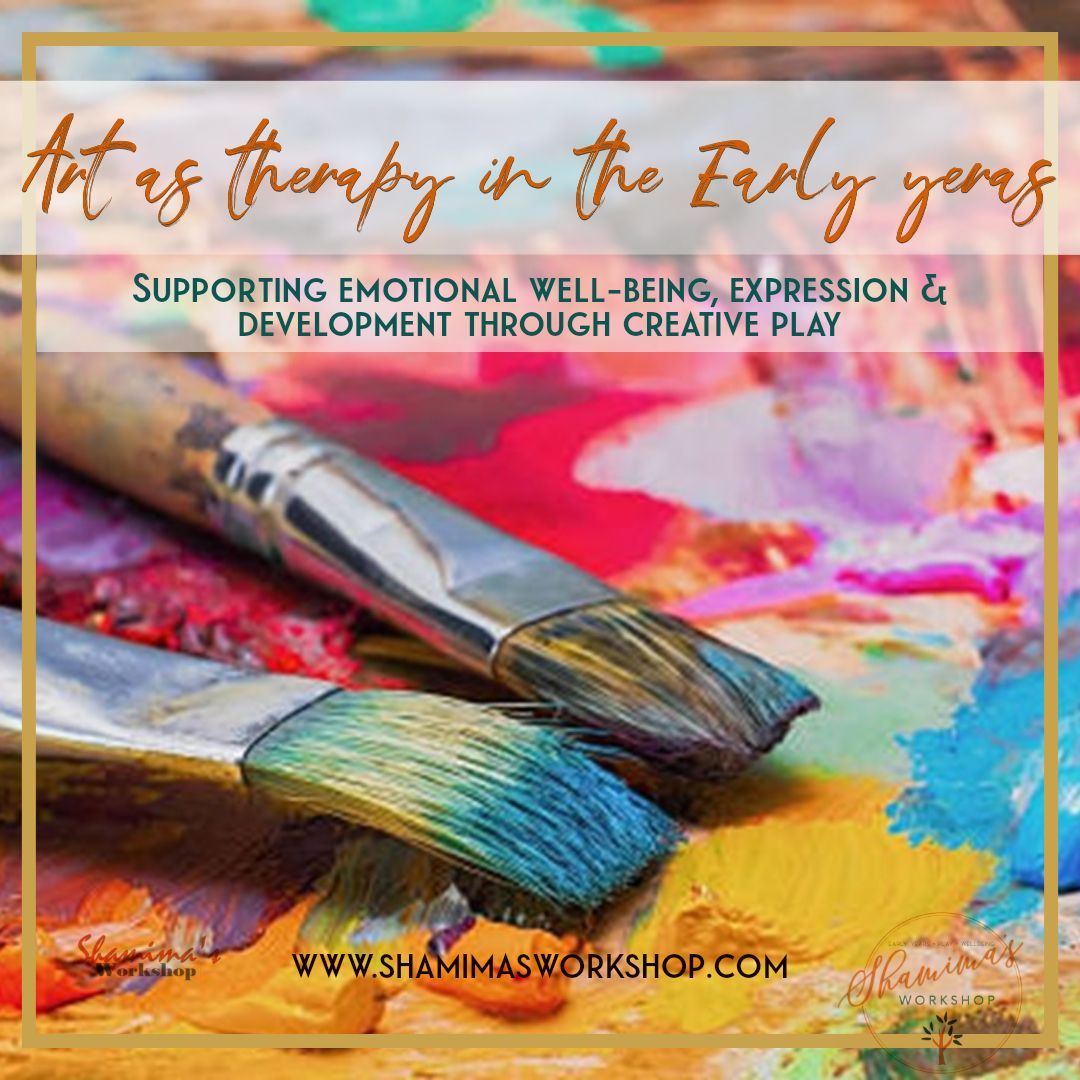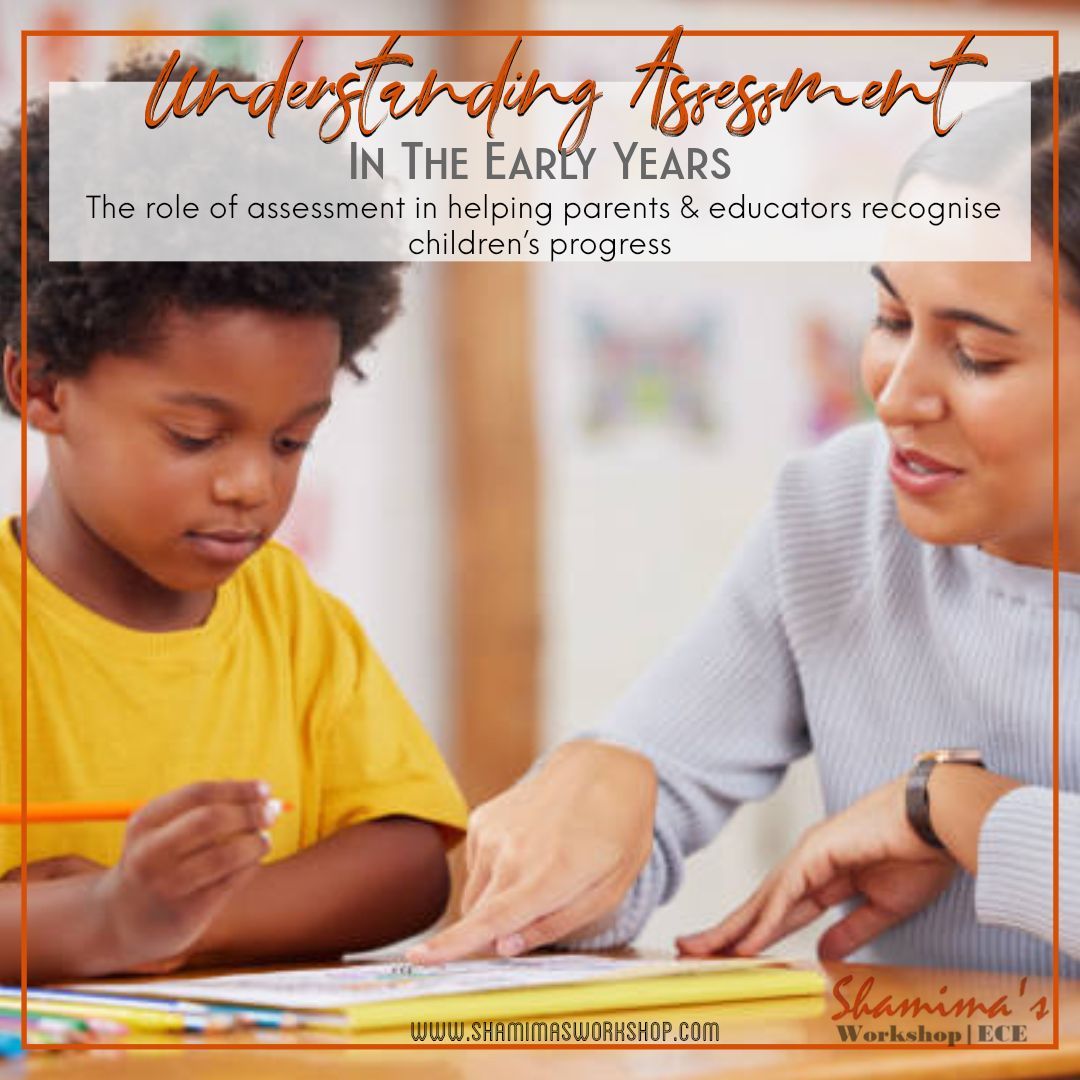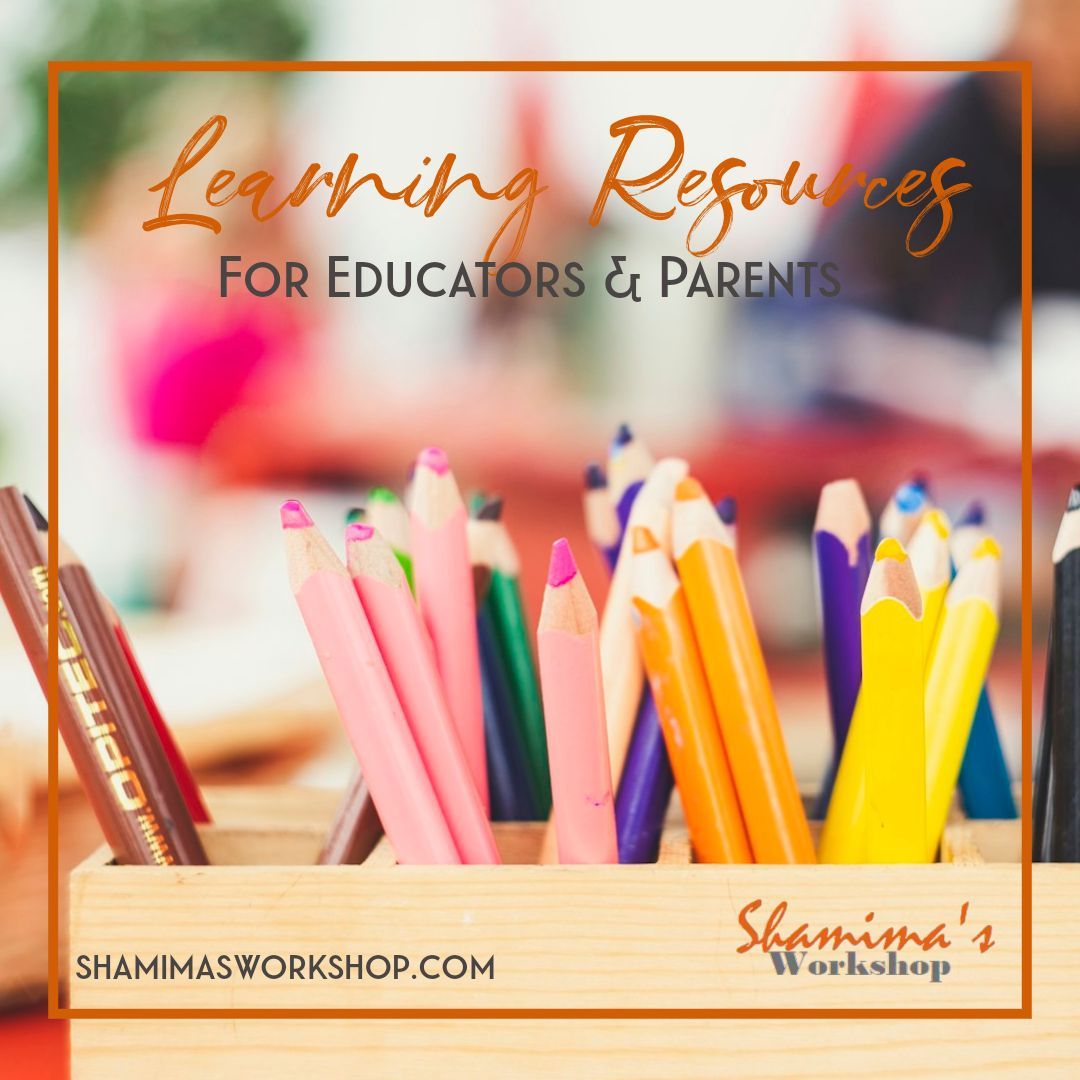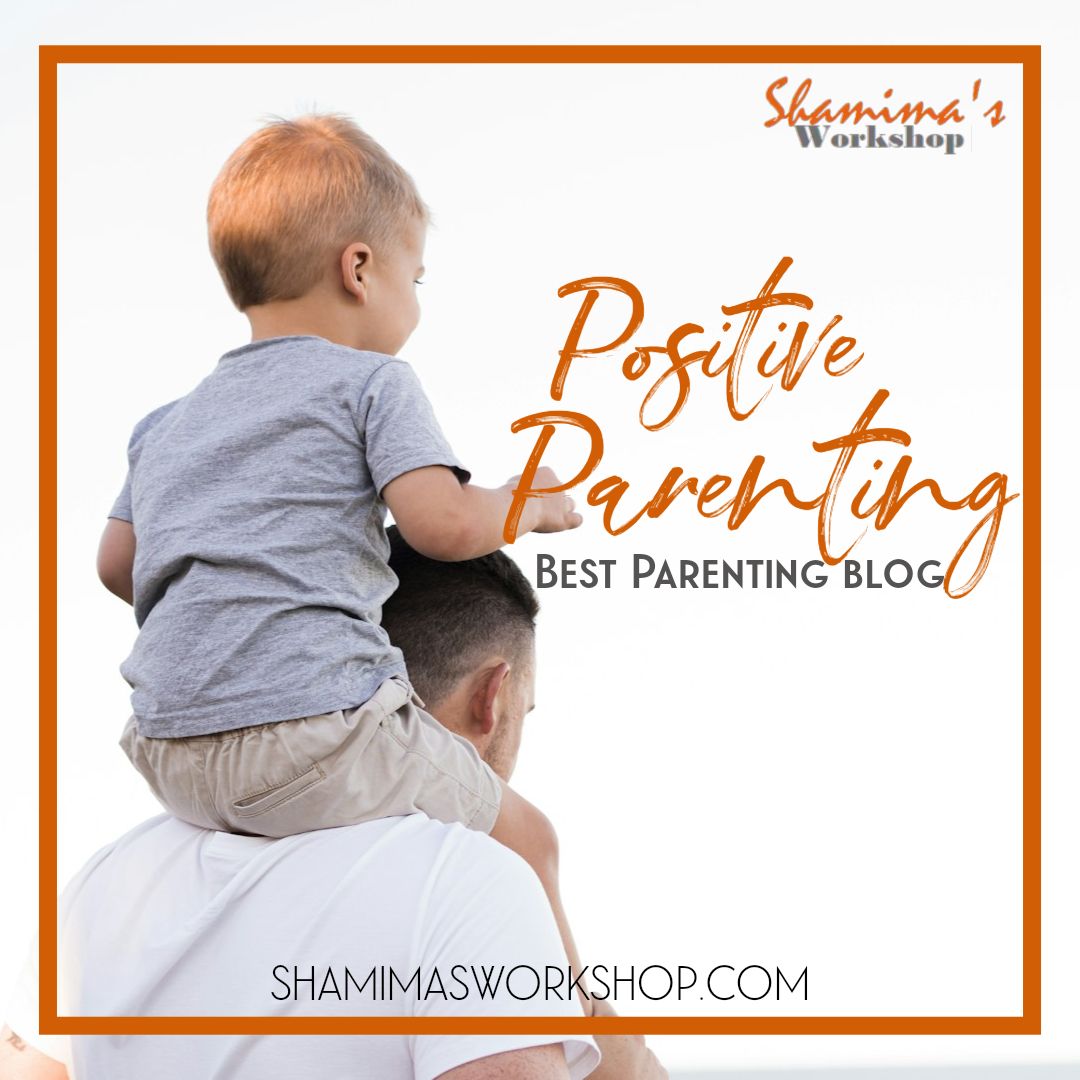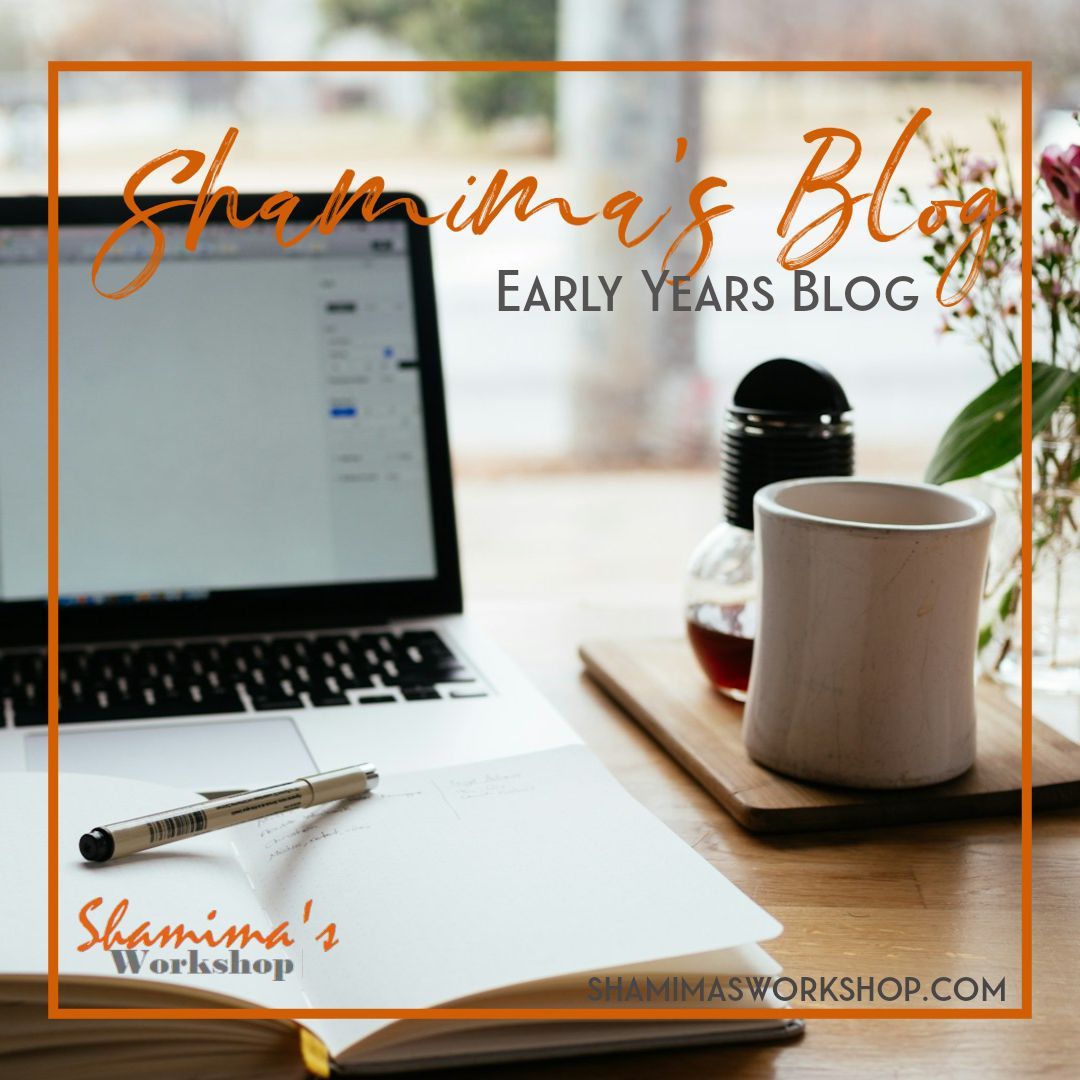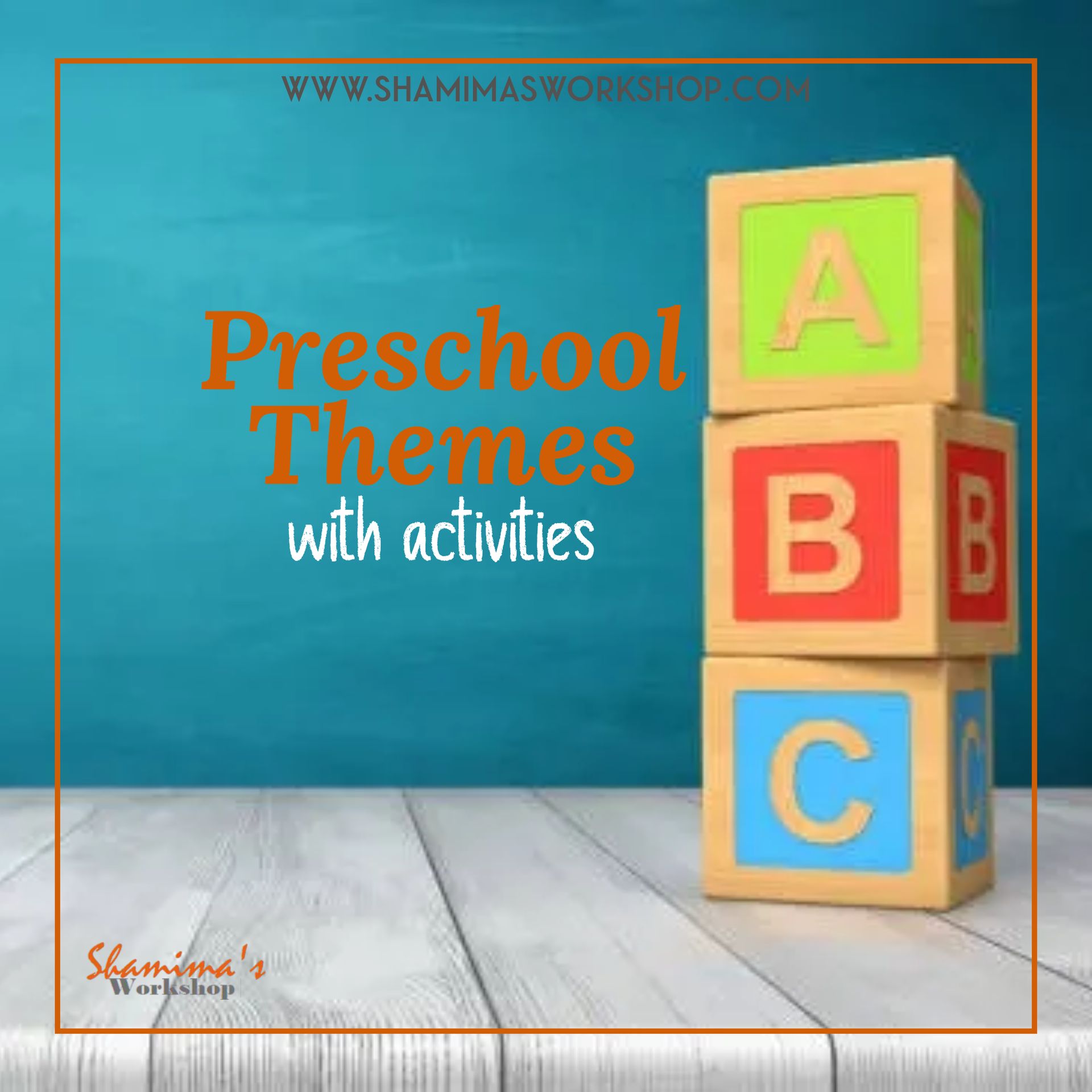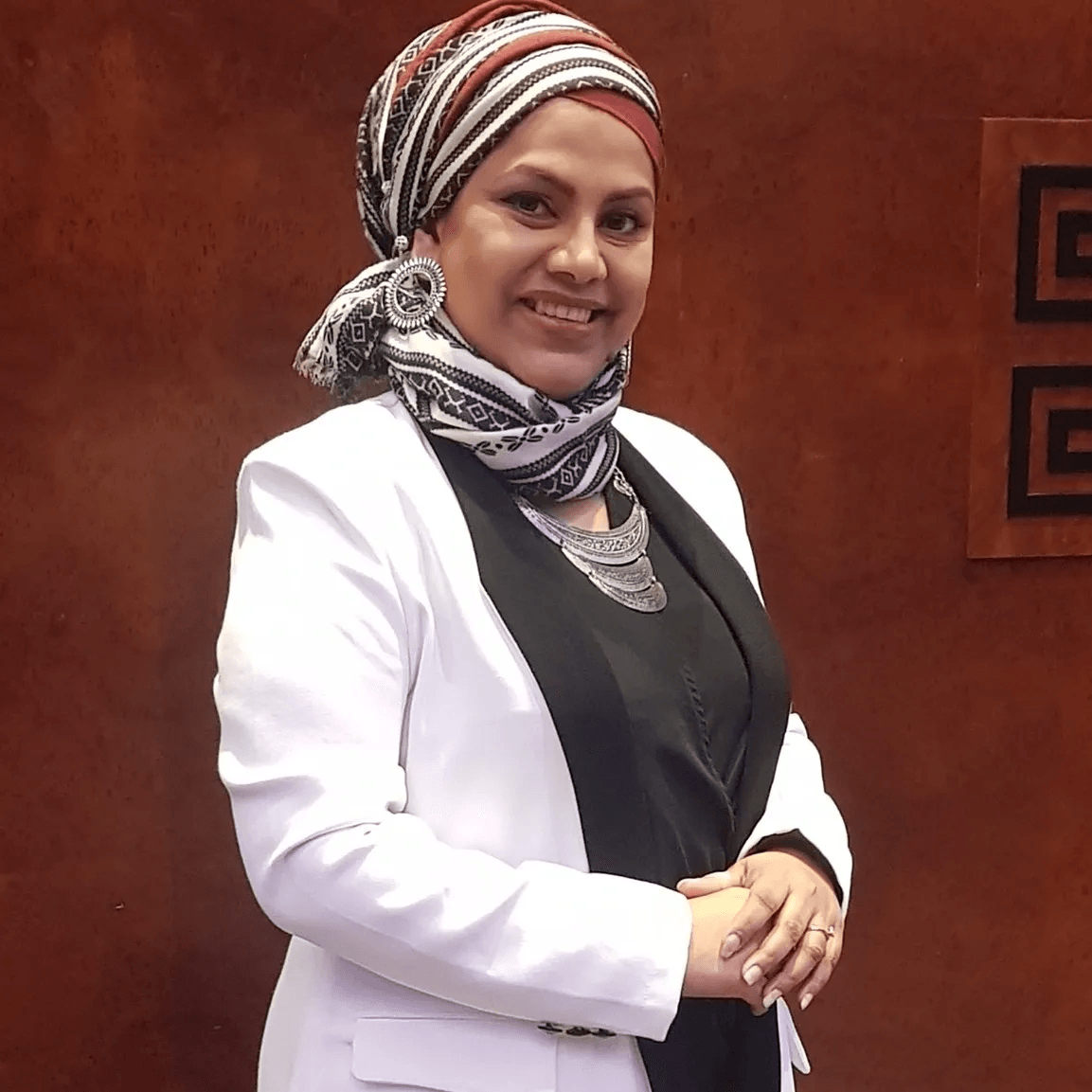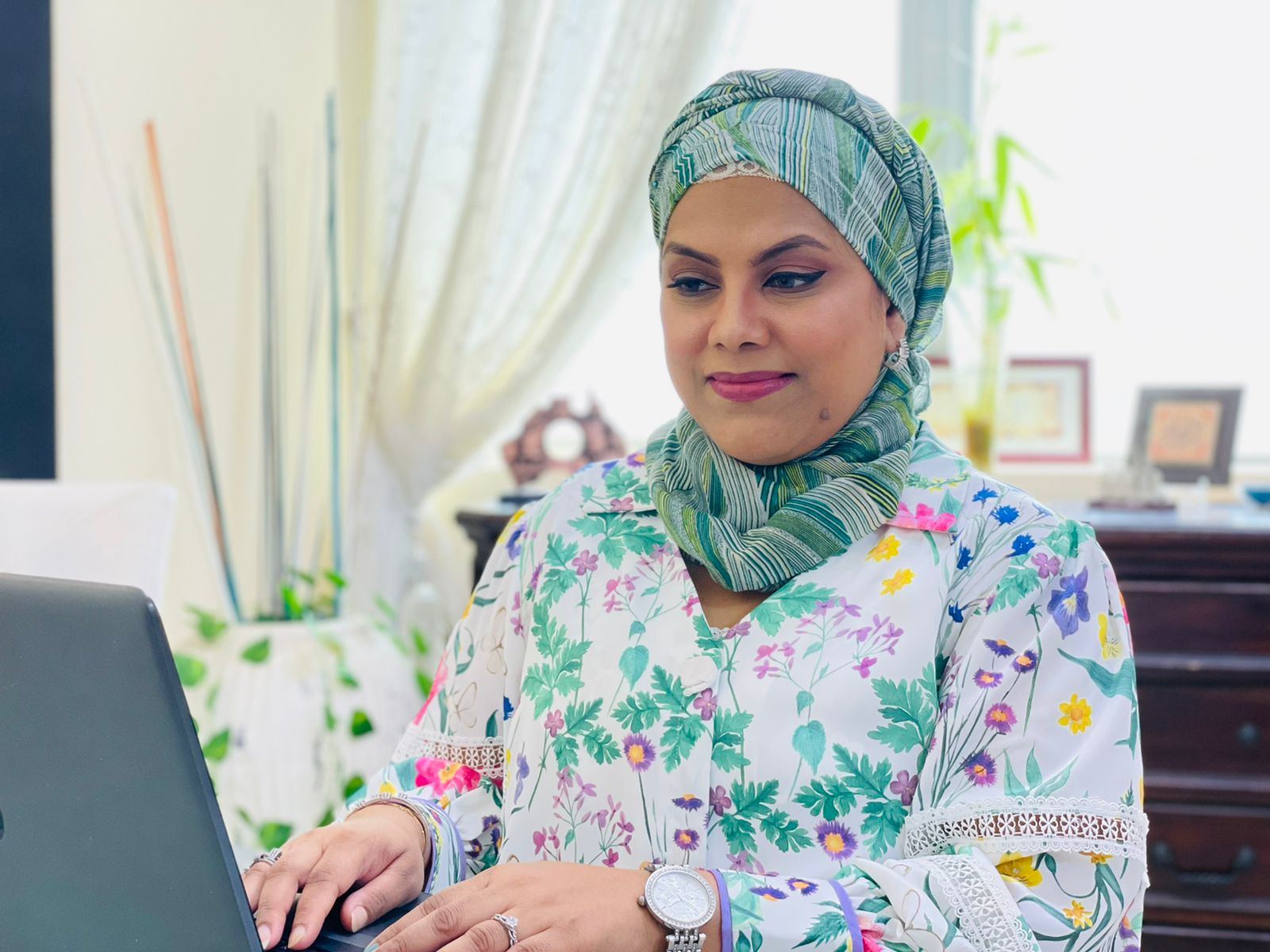Egg carton flower craft activity
This is a subtitle for your new post
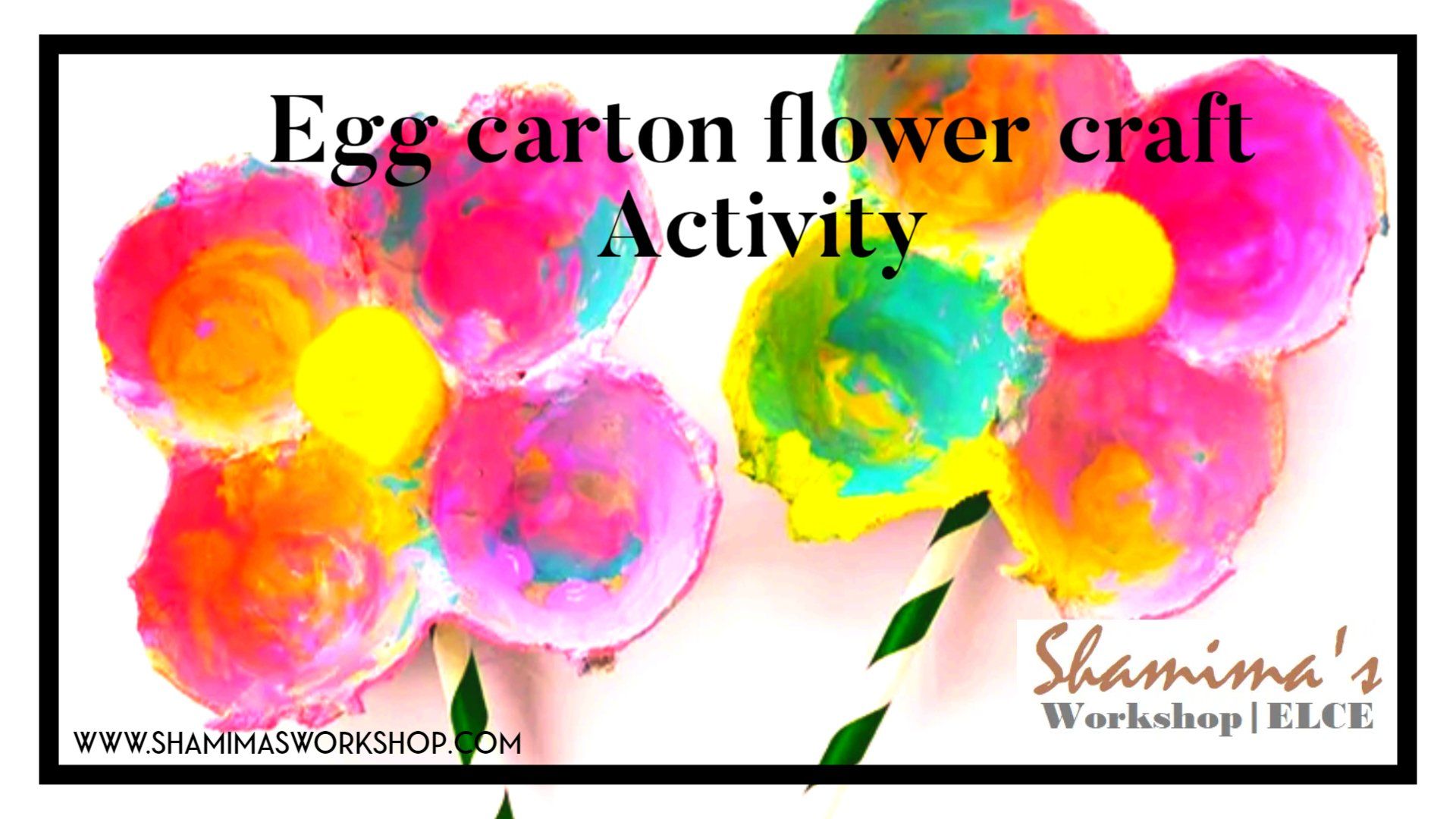
- Squirt some paint onto a paper plate or painting palette. Use any colors children like and paint the flower. Have fun!
- After the paint is dried, have children glue the paper straw to the back of the flower to make the flower stem. A paper straw is thick enough to hold Egg Carton Flower, but child could also use a small stick or a chopstick. Give the children to choose what they want to use as a flower stem, a straw or a chopstick.
- Later ask children to glue a pom pom to the centre of the painted Egg carton flower. They can add different colour pomp pom according to their choose. A beautiful Egg Carton Flower is done!
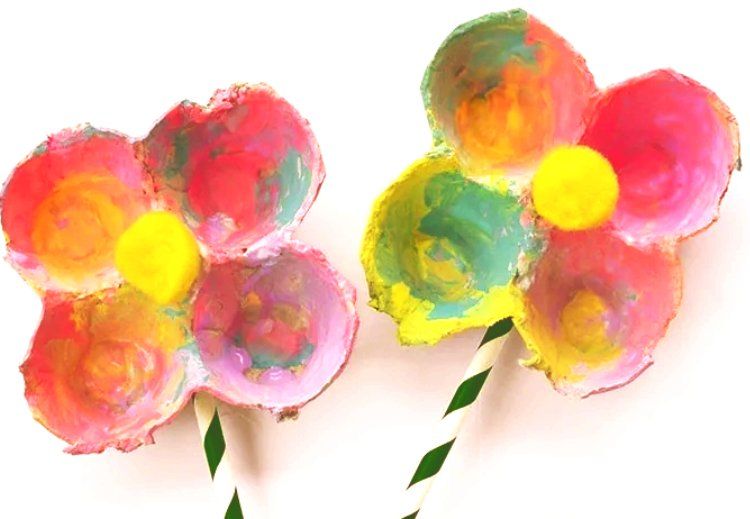
Welcome
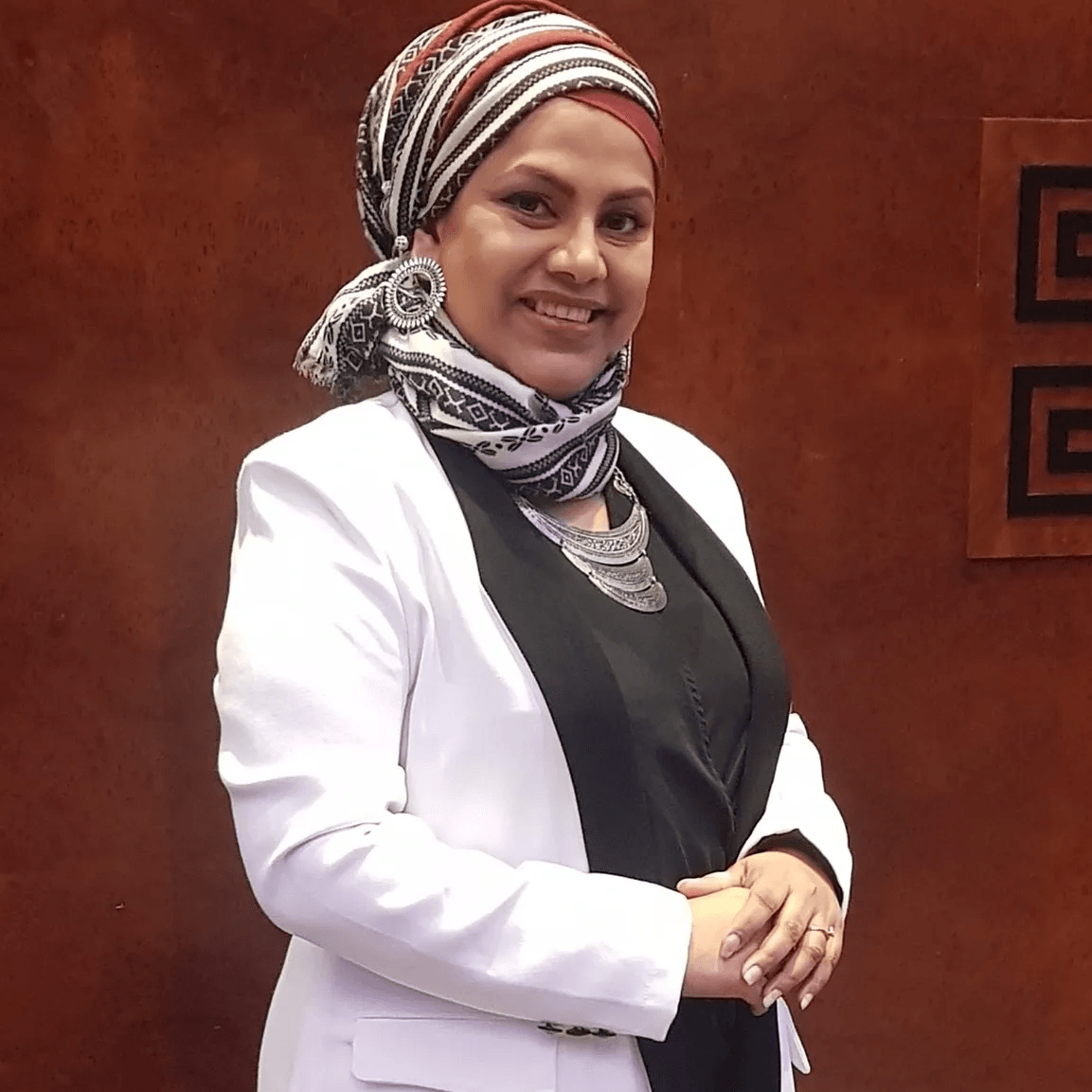
Hi, i am Shamima Fowzee, an early years educator, trainer and consultant. I Share ideas, inspiration, & resources for play-based, inquiry-led learning. Find out more about me here.
SHOP NOW
RECENT POST
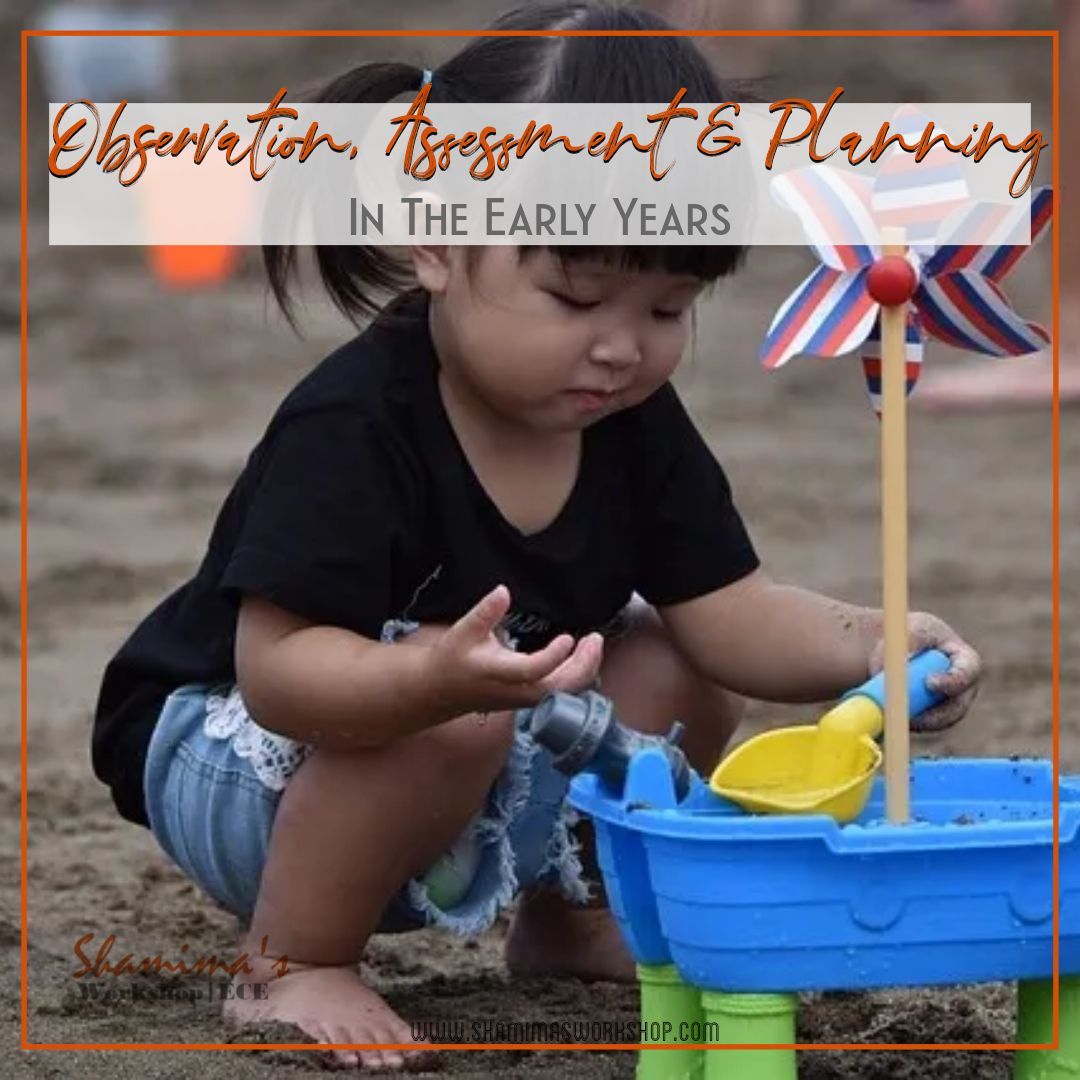
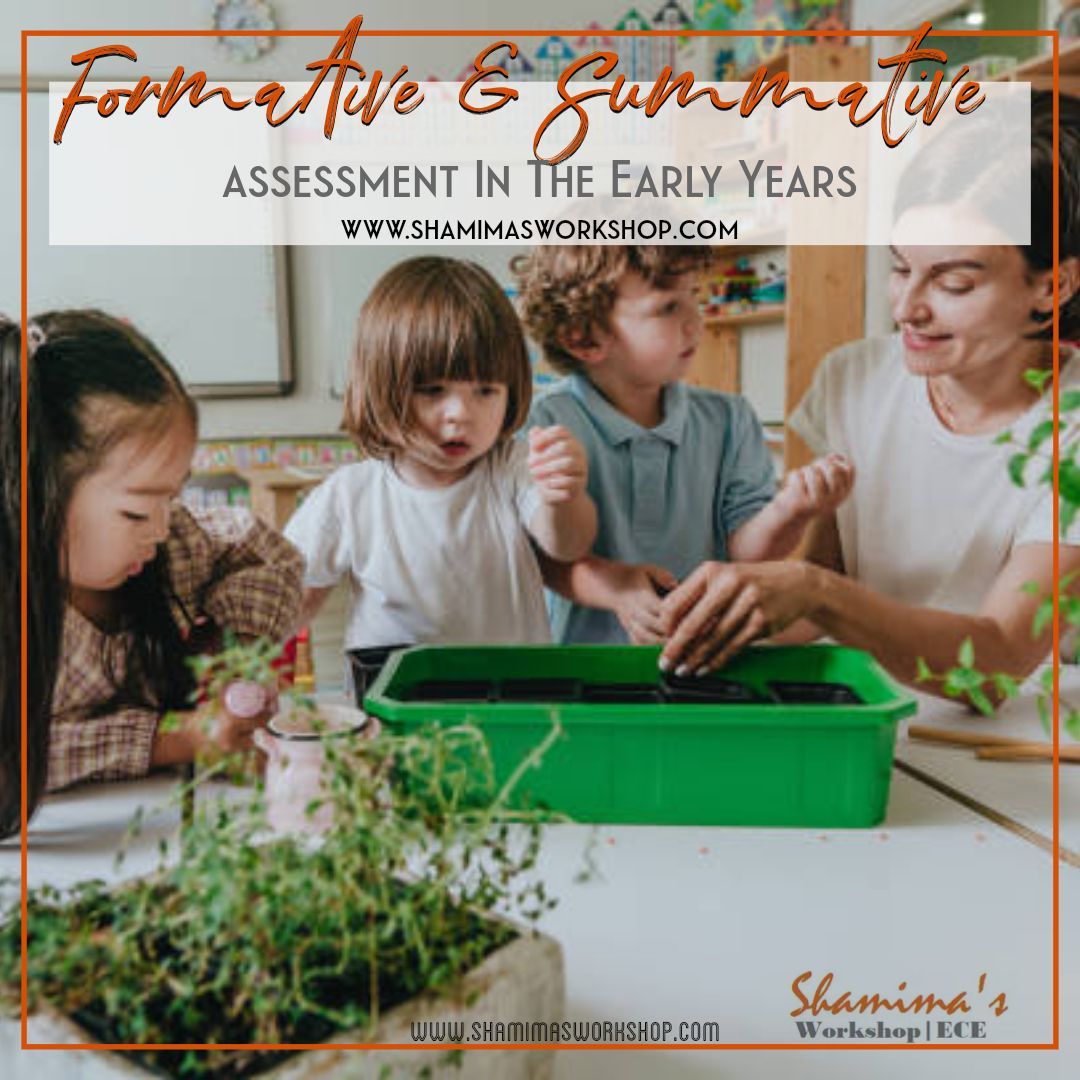
How can I thank you? Spread the word!
For everyone who is passionate about the importance of Early Years.

